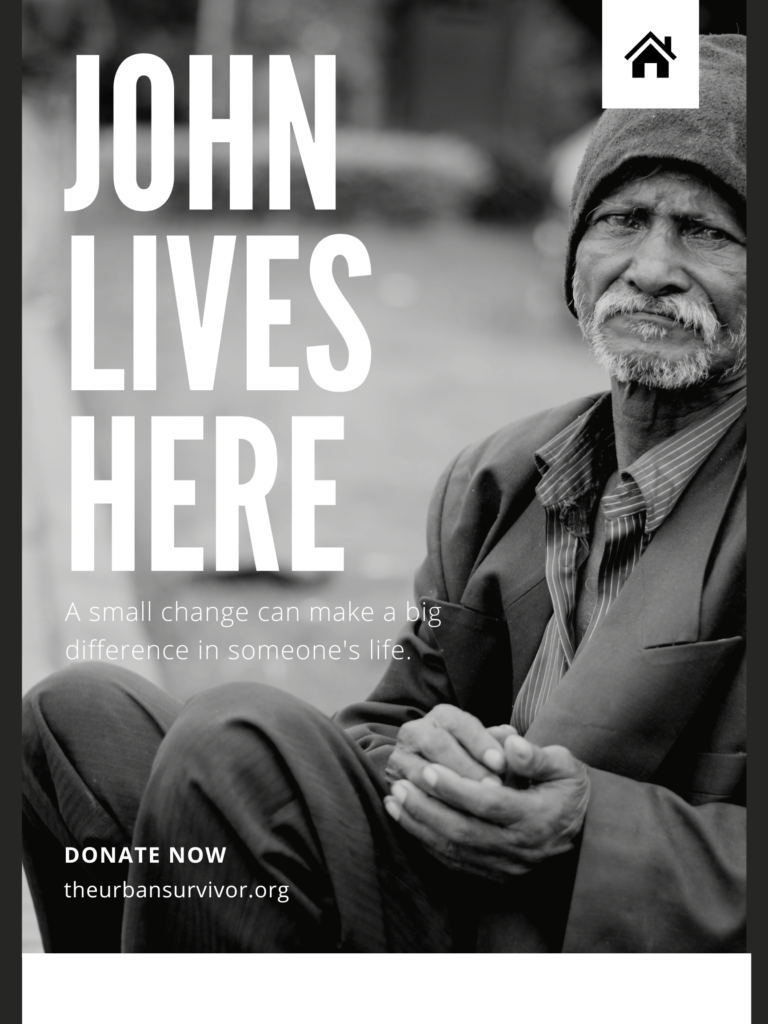People who experience homelessness are not distinct and separate from the rest of the population. In fact, the line between being housed and unhoused is quite fluid. In general, the pathways into and out of homelessness are neither linear nor uniform. Individuals and families who experience homelessness may not share much in common with each other, aside from the fact that they are extremely vulnerable, and lack adequate housing and income and the necessary supports to ensure they stay housed. The causes of homelessness reflect an intricate interplay between structural factors, systems failures and individual circumstances. Homelessness is usually the result of the cumulative impact of a number of factors, rather than a single cause.

Structural factors
Structural factors are economic and societal issues that affect opportunities and social environments for individuals. Key factors can include the lack of adequate income, access to affordable housing and health supports and/or the experience of discrimination. Shifts in the economy both nationally and locally can create challenges for people to earn an adequate income, pay for food and for housing.
Poverty
Homelessness and poverty are inextricably linked. People who are impoverished are frequently unable to pay for necessities such as housing, food, childcare, health care, and education. Poverty can mean a person is one illness, one accident, or one paycheque away from living on the streets. If you have been injured in a vehicular accident caused by a negligent driver, you may ask an auto accident lawyer to review your case and help you file a claim. This may help prevent the accident from draining your finances.
Housing
A critical shortage of housing that is affordable, safe and stable directly contributes to homelessness. The millions of Canadian families and individuals living in “core need” (paying more than 50% of their income on housing) are at serious risk of homelessness, as are families and individuals spending more than 30% of their income on housing. Arguably, the most impactful factor is the lack of affordable housing nationwide; however, discrimination can impede access to employment, housing, justice and helpful services. Racial and sexual minorities are at greater risk of such discrimination.
System failures
Systems failures occur when other systems of care and support fail, requiring vulnerable people to turn to the homelessness sector, when other mainstream services could have prevented this need. Examples of systems failures include difficult transitions from child welfare, inadequate discharge planning for people leaving hospitals, corrections and mental health and addictions facilities and a lack of support for immigrants and refugees.
Personal circumstances and relational problems
Individual and relational factors apply to the personal circumstances of a person experiencing homelessness, and may include: traumatic events (e.g. house fire or job loss), personal crisis (e.g. family break-up or domestic violence), mental health and addictions challenges (including brain injury and fetal alcohol syndrome), which can be both a cause and consequence of homelessness and physical health problems or disabilities. Relational problems can include family violence and abuse, and addictions, so looking for rehab centers is important, click here to learn more.
published by the homeless hub http://www.homelesshub.ca

